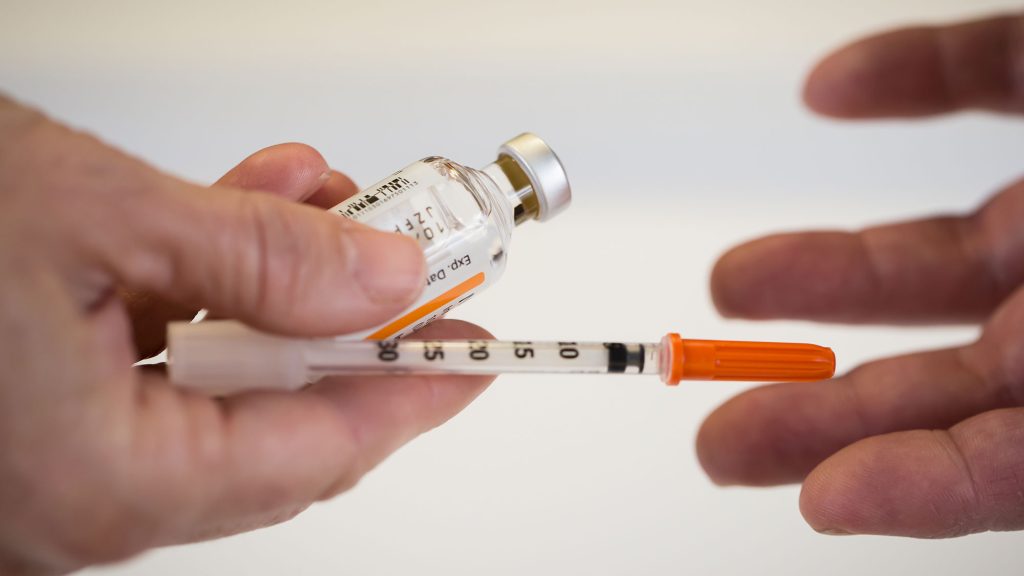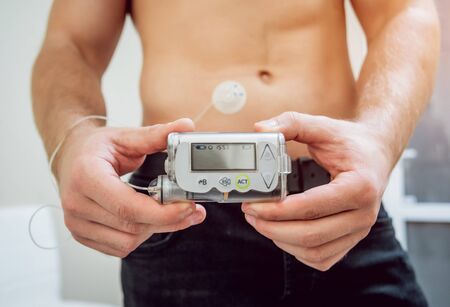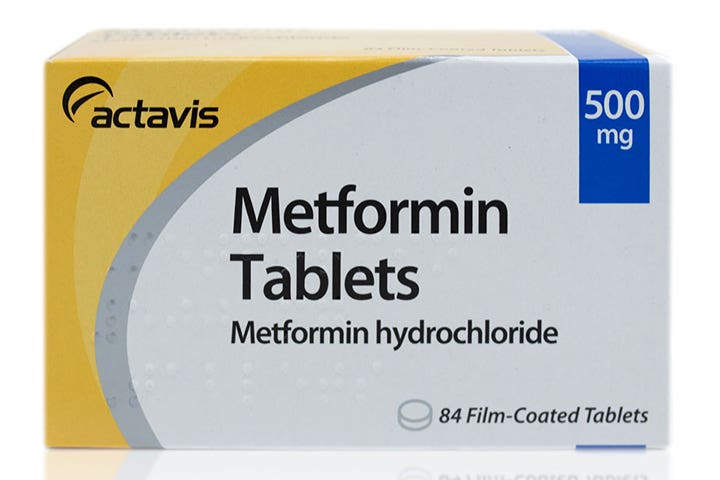Diabetic Medications
Published (updated: ).
What is diabetes?
Diabetes is a disease in which blood glucose, or blood sugar, levels are too high. Glucose comes from the foods you eat. The cells of the body need glucose for energy. A hormone called insulin helps the glucose get into cells. With type 1 diabetes, the body does not make insulin. With type 2 diabetes, the body does not make or use insulin well. Without enough insulin, glucose can’t get into cells as quickly as usual. The glucose builds up in blood and causes high blood sugar levels.
What are the treatments for diabetes?

Treatments for diabetes can depend on the type. Common treatments include a diabetic meal plan, regular physical activity, and medicines. Some less common treatments are weight loss surgery for either type and an artificial pancreas or pancreatic islet transplantation for some people with type 1 diabetes.
People with type 1 diabetes need to take a diabetes medicine called insulin to control their blood sugar. Some people with type 2 diabetes can control their blood sugar with healthy food choices and physical activity. But for others, a diabetic meal plan and physical activity are not enough. They need to take diabetes medicines.
What are the types of medicines for type 1 diabetes?

Patients with type 1 diabetes, you must take insulin because the body no longer makes it. There are different types of insulin that start to work at different speeds, and the effects of each last a different length of time. Some patients may need to use more than one type.
Insulin can be administered in several different ways. The most common are with a needle and syringe, an insulin pen, or an insulin pump. Patients who use a needle and syringe or a pen, must take insulin several times a day, including with meals. Insulin pumps administer small, steady doses throughout the day. Less common ways to take insulin include inhalers, injection ports, and jet injectors. In rare cases, taking insulin alone might not be enough to manage blood sugar; in those cases the patient would need to take another diabetes medicine.
What are the types of medicines for type 2 diabetes?

There are several different medicines for type 2 diabetes. Each works in a different way. Many of them are pills. There are also medicines that are injected under the skin, such as insulin.
Over time, the patient may need more than one diabetes medicine to manage blood sugar and might add another diabetes medicine or switch to a combination medicine. A combination medicine contains more than one type of diabetes medicine in the same pill. Some people with type 2 diabetes take both pills and injections.
Complications Of Diabetic Medications
Surges in insulin levels in the human body trigger hunger. Without insulin, humans would forget when to eat. As such, diabetics have to ‘remember’ to eat after they take their insulin. Confusion about whether or not to eat is the main contributor to diabetic calls. Understanding the fact that diabetics experience hunger differently than others can help medics empathize with the patient’s problem and work towards rectifying the situation.
